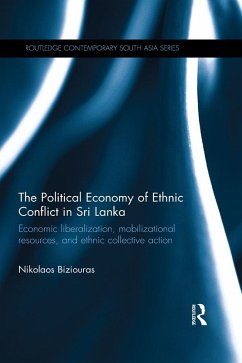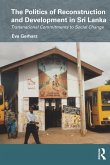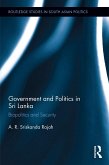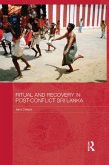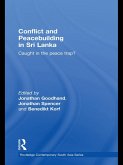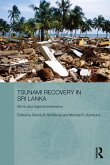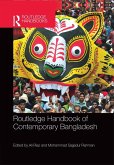With a focus on Sri Lanka, this book explores the political economy of ethnic conflict, and examines how rival political leaders are able to convince their ethnic group members to follow them into violent conflict. Specifically, it looks at how political leaders can influence and utilize changes in the level of economic liberalization in order to mobilize members of a certain ethnic group, and in the case of Sri Lanka, shows how ethnic mobilization drives can turn violent when minority ethnic groups are economically marginalized by the decisions that the majority ethnic group leaders make in order to stay in power.
Taking a political economy approach to the conflict in Sri Lanka, this book is unique in its historical analysis and provides a longitudinal view of the evolution of both Tamil and Sinhalese ethnic drives. As such, this interdisciplinary study will be of interest to policy makers as well as academics in the field of South Asian studies, political science, sociology, development studies, political economy and security studies.
Dieser Download kann aus rechtlichen Gründen nur mit Rechnungsadresse in A, B, BG, CY, CZ, D, DK, EW, E, FIN, F, GR, HR, H, IRL, I, LT, L, LR, M, NL, PL, P, R, S, SLO, SK ausgeliefert werden.

